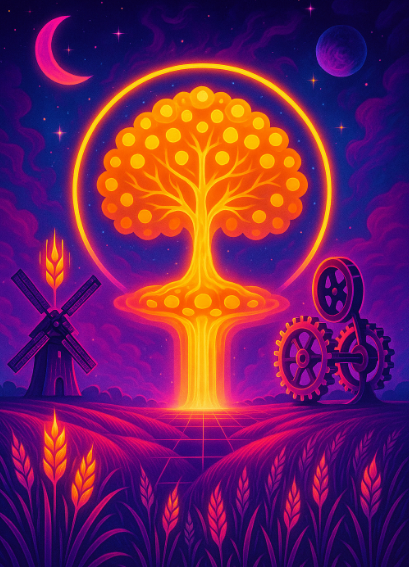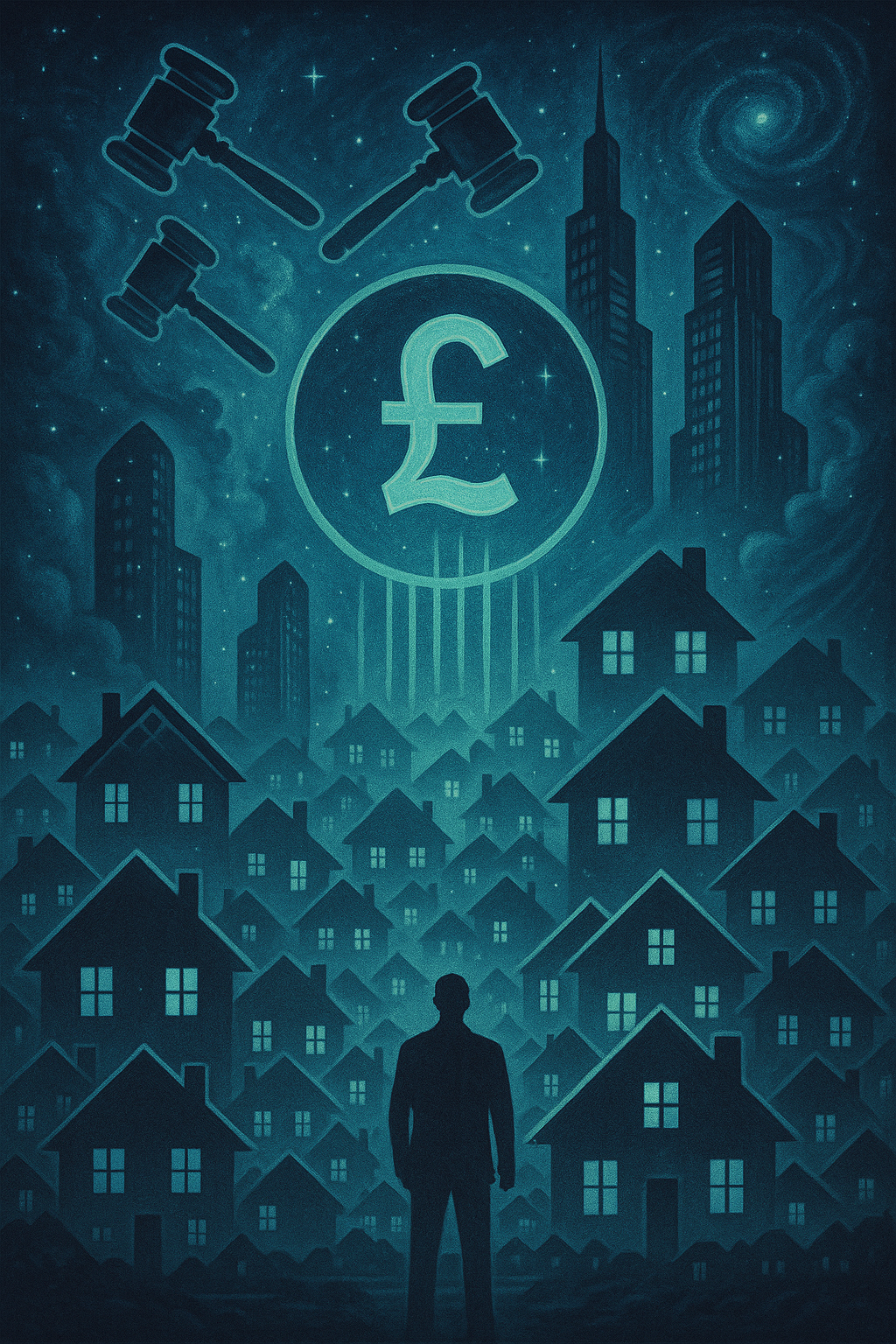Popular articles
To exist is to play a game—a set of choices, strategies, and behaviors that define one’s place within the intricate machinery of human society. From the merchant bartering in a medieval bazaar to the modern recluse who shuns the world for the solitude of four walls, every individual engages in a game of their own making. These games are not mere diversions but the very mechanisms by which we assert our agency, navigate our roles, and shape the collective sphere. Yet to acknowledge this openly—to admit the game one plays—is a peculiar act, at once odd and honest, fraught with vulnerability yet brimming with clarity. This essay contends that playing a game is an irreducible condition of human life, that honesty about one’s game is both rare and essential, and that such honesty, though strange, is a deeply understandable act that fosters a culture of authenticity and mutual understanding.
The universality of games is a foundational truth of human existence. Every individual, whether they stride boldly through the agora or retreat into the shadows, participates in a game of their own design. The Athenian orator of the fifth century BC, weaving rhetoric to sway the assembly, played the game of influence, his words a calculated bid for power and legacy. The serf of feudal Europe, toiling in silence under a lord’s yoke, played the game of survival, each act of obedience a move to secure another day. Even the modern hermit, who chooses to remain indoors and eschew the clamor of society, plays a game—the game of withdrawal, a deliberate strategy of avoidance that speaks as loudly as any public proclamation. There is no escape from this condition; to live is to choose, and to choose is to play. The games may differ—ambition, rebellion, conformity, retreat—but their presence is absolute, a thread that binds the tapestry of human interaction across time.
Yet within this universality lies a paradox: the act of playing is rarely acknowledged. To admit one’s game—to lay bare the strategies and motives that govern one’s choices—is an oddity, a deviation from the unspoken norm of concealment. Consider the Renaissance courtier, whose every gesture was a move in the game of favor, a dance of flattery and intrigue to secure a patron’s ear. To confess this openly, to say, “I play the game of ambition, for I fear obscurity,” would have been unthinkable, a breach of the decorum that cloaked such machinations in silence. So too in our own age: the social media influencer, posting curated glimpses of a perfect life, plays the game of validation, yet few would admit, “I seek likes to feel worthy.” The admission feels strange because it demands vulnerability, a stripping away of the masks we wear to navigate our games unseen. Honesty about one’s game is rare, for it exposes the player to scrutiny, revealing the often fragile motives that drive their play.
This rarity, however, does not diminish the importance of such honesty; rather, it underscores its necessity. To name one’s game is to engage in an act of profound self-awareness, a reckoning with the choices that shape one’s life and, by extension, the culture in which one resides. The 18th-century salons of Paris, where philosophes like Voltaire played the game of ideas, thrived not because their participants hid their motives but because they owned them—admitting their desire to challenge, to provoke, to reshape. Their honesty, though often cloaked in wit, fostered a culture of inquiry, a society that dared to question and grow. Contrast this with the whispered intrigues of the Byzantine court, where games of power were played in shadows, and the refusal to admit one’s motives bred a culture of suspicion, a labyrinth of betrayal that collapsed under its own weight. Honesty about one’s game is a clarion call, a means of building a culture that values authenticity over artifice, connection over concealment. It allows individuals to understand themselves and others, forging bonds of mutual recognition that strengthen the communal whole.
The oddity of this honesty, then, is matched by its understandability. To confess one’s game—whether it be the pursuit of glory, the avoidance of pain, or the quiet retreat from a chaotic world—is to reveal a universal truth: we are all players, each with our own strategies and stakes. When a Roman senator admitted his game of loyalty to Caesar, hoping for favor, his peers may have scoffed, but they understood; they too played similar games, their own ambitions cloaked in togas of virtue. So it is today: the colleague who admits, “I play the game of perfection because I fear failure,” may seem odd in their candor, but their words resonate, for who among us has not felt the weight of such a fear? Honesty about one’s game is a mirror, reflecting the shared humanity that underpins our individual plays. It is strange only because it is rare; it is understandable because it is true, a simple act of naming what we all know to be real.
Yet the act of naming carries a burden, for the games we play are not without consequence. A game of withdrawal, chosen by the recluse who shuns the world, may yield solitude but also isolation, a culture of disconnection that ripples outward. A game of ambition, played by the relentless striver, may build empires but also enmity, a society of competition where trust erodes. The 17th-century English Civil War offers a stark lesson: the games of factionalism, played by pamphleteers and politicians who refused to admit their motives, did not merely divide—they destroyed, leaving a culture of scars that lingered for generations. The games we play shape the culture we inhabit, and to be honest about them is to take responsibility for that shaping. It is to say, “This is my game, and I will play it with care, for the stakes are not mine alone.”
The argument, then, is twofold: that games are an inescapable condition of human life, and that honesty about them, though odd, is a vital act of clarity and connection. To play is to exist, to choose, to act within the collective sphere; there is no neutrality in this endeavor, no opting out, for even inaction is a game of its own. Yet to play without honesty is to play blindly, to risk a culture of mistrust and fragmentation, where motives remain hidden and understanding falters. The medieval monk, cloistered in silence, played the game of retreat, but his choice—acknowledged in the vows he took—built a culture of contemplation that endured. The modern influencer, hiding their game of validation behind a facade of effortless joy, risks a culture of superficiality, where authenticity withers. Honesty is the bridge between the individual and the collective, a strange but necessary act that ensures our games do not destroy the very society they form.
Thus, the responsibility falls to each of us. To play a game is inevitable; to play it honestly is a choice. A culture of vitality—open, reflective, connected—demands players who dare to name their games, who choose vulnerability over concealment, clarity over chaos. The Renaissance thinker, penning treatises in the face of censure, did not merely play the game of ideas—he owned it, and the culture he forged still lights our way. The alternative is a culture of shadows, born of games unacknowledged, where suspicion festers and connection fades. We are all players, each with our own games to play; let us play them with honesty, for the culture we build is the one we must live within.
Subscribe to unlock premium content
Sed at tellus, pharetra lacus, aenean risus non nisl ultricies commodo diam aliquet arcu enim eu leo porttitor habitasse adipiscing porttitor varius ultricies facilisis viverra lacus neque.
The Great Wealth Generation Act 1.0

The Great Democracy Restoration Act

UK Nutrition Act 1.0

The Great Wealth Generation Act 1.0

The Great Democracy Restoration Act

The Great Wealth Generation Act 1.0







